A naturally occuring amino acid, L-Theanine is most commonly found in green tea leaves. For individuals experiencing stress, poor sleep quality or difficulty concentrating, Welzo’s L-Theanine supplements are formulated in a way to help promote relaxation, mental clarity and a balanced mood.
What is L-Theanine?
L-Theanine is an amino acid, one of the building blocks of proteins, which is obtained from tea leaves as a natural source. It is an amino acid the body does not produce. It facilitates the increase of certain calming neurotransmitters, dopamine and serotonin, which positively impacts your attention and mood.
L-Theanine is used as a nootropic supplement for its ability to promote relaxation without making you feel drowsy or sedated. It has become a popular choice in recent years for aid in stress management and focus enhancement.
Benefits and Features of L-Theanine
L-Theanin has many mental and physical benefits which include, but are not limited to, improved focus and attention, reduction in stress and anxiety symptoms, promotes calm which aids in sleep quality and enhances cognitive performance.
Explore our other collections designed to support mental clarity, mood and cognitive health, including 5-HTP supplements, Tyrosine supplements and our Amino Acids Collection.
Why is L-Theanine Important?
Today, our lifestyles often contribute to mental fatigure due to high stress environments. L-Theanine plays a unique role in promoting relaxation and focus by promoting alpha brainwave activity, which can be associated with mental calm and clarity.
L-Theanine supplementation has been shown to support sleep quality, enhancement in cognitive performance and a reduction in stress. The European Food Safety Authority (EFSA) also recognises L-Theanine’s role in maintaining cognitive function.
FAQs
Q. Can I take L-Theanine every day?
Yes, L-Theanine is safe for daily use at recommended dosages.
Q. Can I take L-Theanine with caffeine?
Yes. L-Theanine and caffeine are often paired to enhance focus and alertness while simultaneously reducing caffeine-induced jitters.
Q. Can I take Magnesium and L-Theanine together?
Yes, you can take Magnesium and L-Theanine together. You can reap numerous benefits, including aid in managing anxiety.


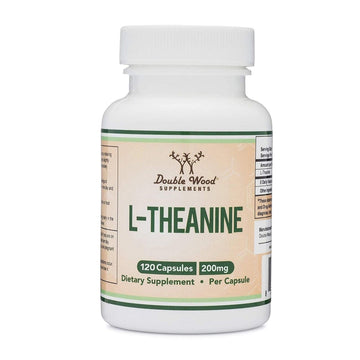
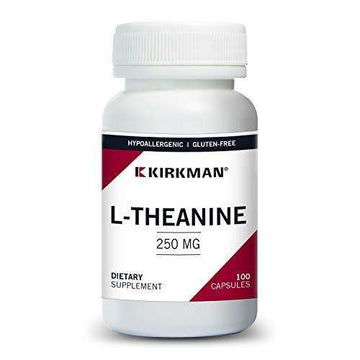
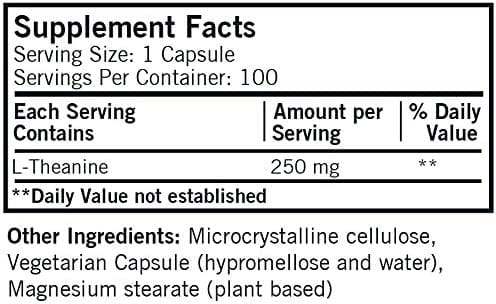

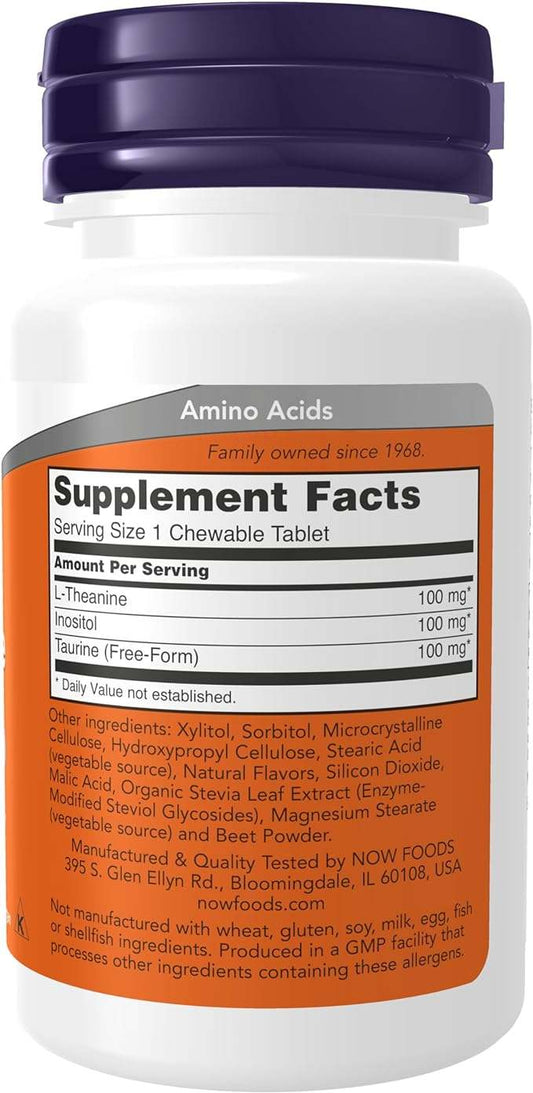
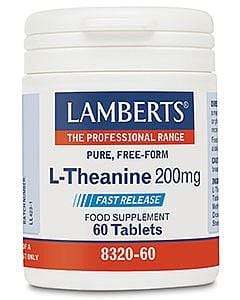

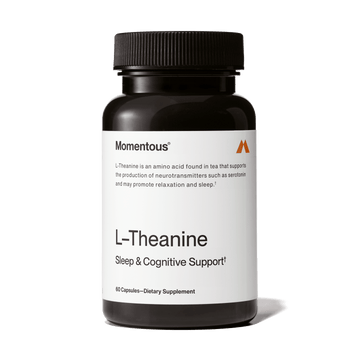
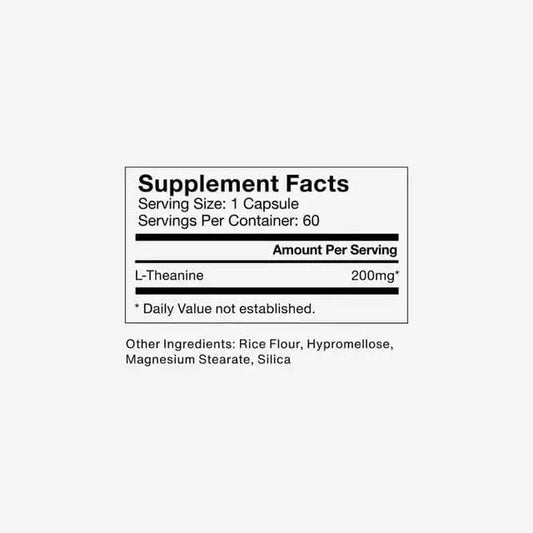
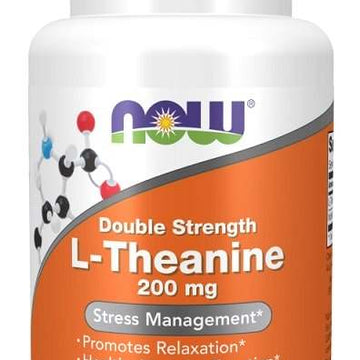
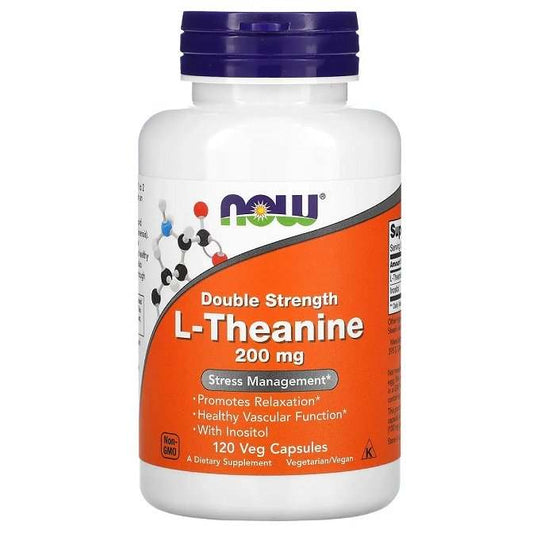

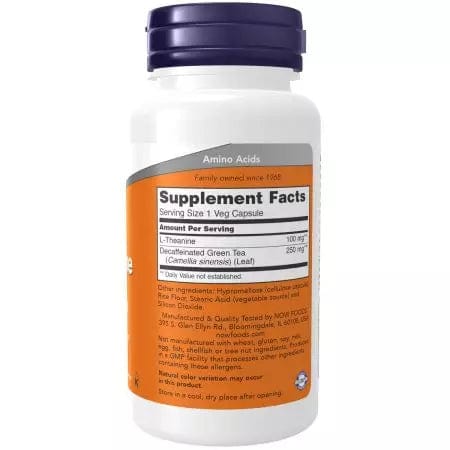




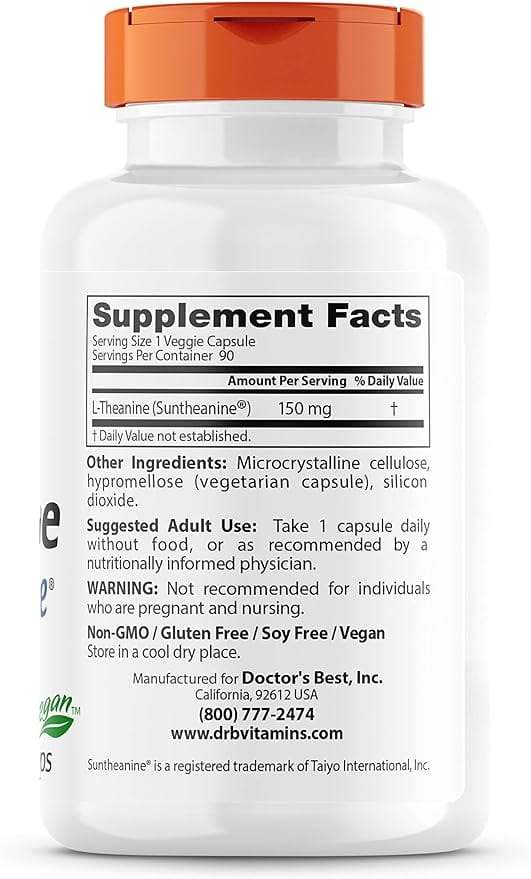




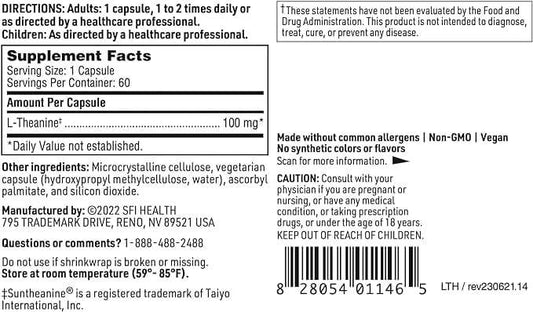

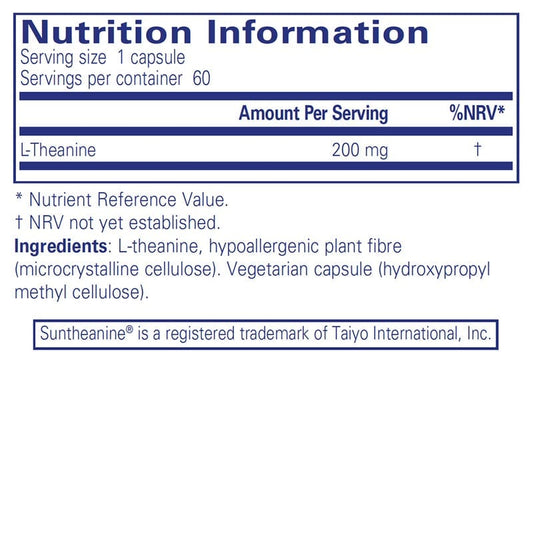
 Rated Excellent by 26,523+ Reviews
Rated Excellent by 26,523+ Reviews